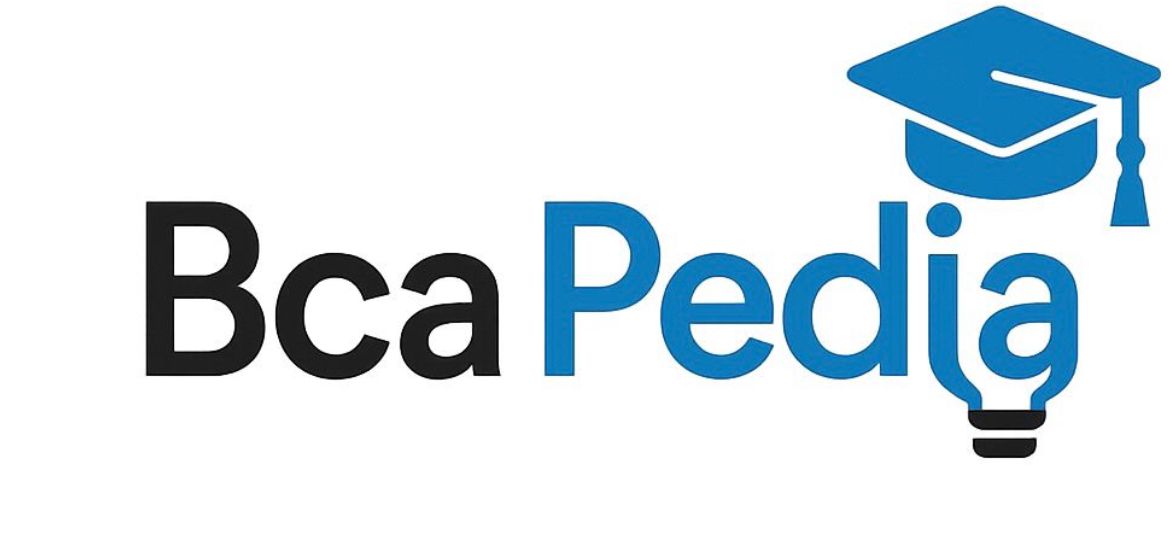Developing Professional and Personal Effectiveness
Developing Professional and Personal Effectiveness: Your Growth Road Map
Core Principle
Effectiveness comes from aligning your values, objectives, and behaviors to create meaningful progress in all areas of life.
Feeling Overburdened yet Unproductive?
In today's fast-paced society, it is easy to become caught up in the trap of working more yet achieving less. Instead of working harder, work smarter is the trick. Effectiveness on both a personal and professional level thus becomes important.
This has nothing to do with getting up at five in the morning or having the ideal planner. It involves bringing your values, objectives, and behavior into harmony so that your energy propels genuine advancement in both your personal and professional life.
Tip: Start small. Identify one area where you can work smarter, not harder, this week.
What Is Personal and Professional Effectiveness?
To be personally effective, you must manage your time, ideas, and energies in a way that is consistent with your beliefs and objectives. In order to be effective in your profession, you must adopt the same behaviors—collaborating, producing outcomes, and making sensible adjustments.
The objective is the same in both domains: acting morally, appropriately, and with the proper motivations.
Time Management: Doing What Matters Most
Your most finite resource is time. To effectively manage it, one must learn to set priorities and steer clear of the never-ending busyness trap.
Crucial Methods Incorporate:
- The Eisenhower Matrix: Arrange jobs according to their priority and urgency.
- Pomodoro Technique: Utilize concentrated time blocks (25–30 minutes) with breaks.
- Time blocking: Arrange work according to categories (administrative, deep work, etc.).
You make room for what truly matters when you safeguard your attention.
Goal Setting with Purpose
Even your greatest effort could be in vain if you lack specific aims. Establish SMART objectives: Specific, Measurable, Achievable, Relevant, and Time-bound.
Additionally, remember to evaluate your progress once a week. Make adjustments, refocus, and continue on.
Balancing Values, Attitude, and Behavior
Efficiency is more than just output. It has to do with alignment. You act with integrity and intention when your conduct (what you do), attitude (how you feel), and values (what matters) are all in alignment.
Both professional and personal satisfaction are increased by this equilibrium.
Decision-Making: Choosing with Clarity
Indecision can lead to a waste of time and energy. The first step to making better decisions is becoming more conscious. Ask:
- What aligns with my long-term goals?
- What risks are involved in acting—or not?
- Am I choosing fear or clarity?
Decision trees and pros/cons lists are two examples of techniques that can be used to remove emotional bias and provide structure to complex decisions.
Stress Management for Continued Effectiveness
People that feel overwhelmed are not productive. Recognize pressures and create coping strategies:
- Take deep breaths or practice short meditations.
- When you can, assign tasks and take intentional breaks throughout the day.
- In order to maintain your energy and focus, say "no."
Gaining emotional resilience helps you stay calm and capable under pressure.
Remember: Small, consistent improvements lead to significant long-term results in personal and professional effectiveness.
Conclusion: Being Effective Is a Process, Not a Goal
Instead of aiming for perfection, being effective implies moving forward. Over time, small adjustments to your behavior, planning, and decision-making can make a big difference.
Starting with the question, "What's one thing I can do today to be a little more effective?" is a smart idea. Next, do something. Tomorrow, do it again.
"The bravery to keep going is what matters; failure and success are not definitive." — Winston Churchill





